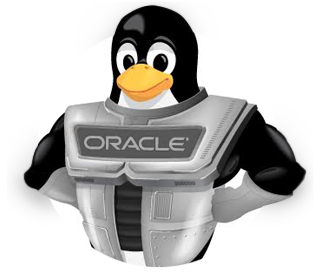This Valentine’s Day, we are sharing a different kind of love, one only developers can truly appreciate: love of open source projects. If you’re a developer, open source probably plays a major role in your work. Perhaps you love it just as much as we do, and for that reason, we’ve created this post to share the seven open source projects we admire the most.
1. Apache Cassandra
Apache Cassandra is a distributed and decentralized database designed to manage massive amounts of structured and unstructured data across the world. It was developed at Facebook for inbox search and open sourced in July 2008. One of Cassandra’s most essential features is its elastic and linear scalability, which enables a consistently fast response time. Data is automatically replicated to multiple nodes for fault tolerance and easy distribution.
[Source: Security Boulevard]

